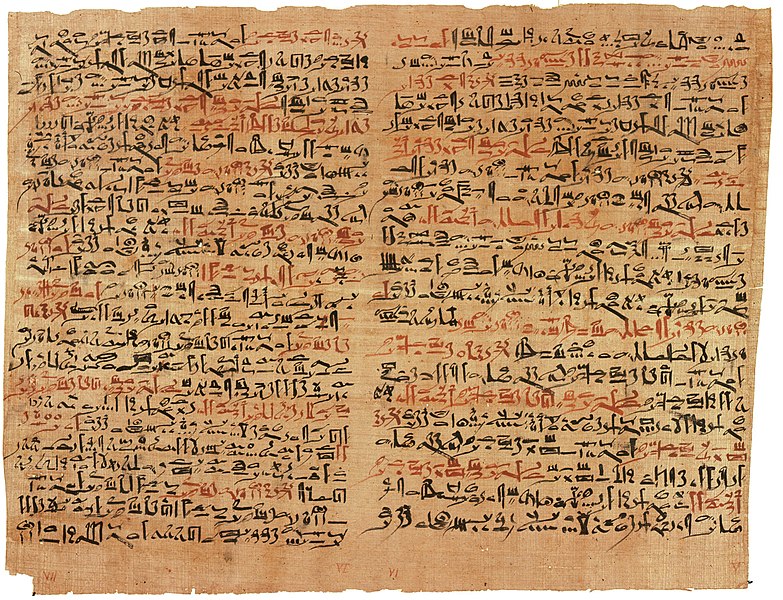
I don't like saying bad things about books. Especially not about books that are mostly wonderful and beautifully illustrated - seriously, take a look at A River of Words: The Story of William Carlos Williams just for the amazing word pictures Melissa Sweet creates from his poems.
As for the text, I have only one complaint: there is not a single mention of Williams' Puerto Rican identity.
Williams isn't traditionally thought of as a Puerto Rican poet, although his mother was from the island. In her 1995 essay for the Washington Post's Writing Life series, Julia Alvarez points out that one reason for this is how his sense of identity evolved:
Growing up, William Carlos never had a close relationship with Puerto Rico: In fact, he did not see the islands until he was almost 60 and had a deep longing to try to understand what his own roots really were. His was an American boyhood indeed, but with the powerful and sometimes baffling presence of his mother, who spoke Spanish in the home and embarrassed her sons by going into trances and speaking to her Caribbean dead...It's been a long time since I dealt with literary theory in detail, so I'm going to fall back on another writer's words here. From Ed Morales' Living in Spanglish:
Despite a clear Caribbean heritage, both men [Williams and Arturo Schomburg] had their Spanish characters elided by North American historical narrative: Williams became the link between Walt Whitman and Allen Ginsburg...Yeah, that didn't help very much, did it? Try this book, or this one, for more detail.
...As Sánchez González observes [in Boricua Literature], Williams wrote "in a panegyric tone that clearly inscribes the authenticity of mestizo consciousness as the American consciousness" in his collection of essays, The American Grain. The bilingual doctor/poet from Paterson, New Jersey, inspired by Rodo's essay wrote in Ariel's voice, critiquing America's Caliban-esque tendency.
Why do I think it's important? Because I doubt that Alvarez was the only one who needed a bilingual, bicultural poet to look up to:
One summer at Bread Loaf, a poet stated categorically that one could write poetry only in the language in which one had first said Mother. Thank God, I had the example of William Carlos Williams to ward off some of the radical self-doubt this comment engendered.
 I want to see this book in kids' hands. It's a great introduction to Williams and his poetry - and as I said before, it's beautiful. But I also want to make sure that if kids need what Williams, in all his confusion and complication and Americanness, offers to them, they can find what they're looking for.
I want to see this book in kids' hands. It's a great introduction to Williams and his poetry - and as I said before, it's beautiful. But I also want to make sure that if kids need what Williams, in all his confusion and complication and Americanness, offers to them, they can find what they're looking for.





